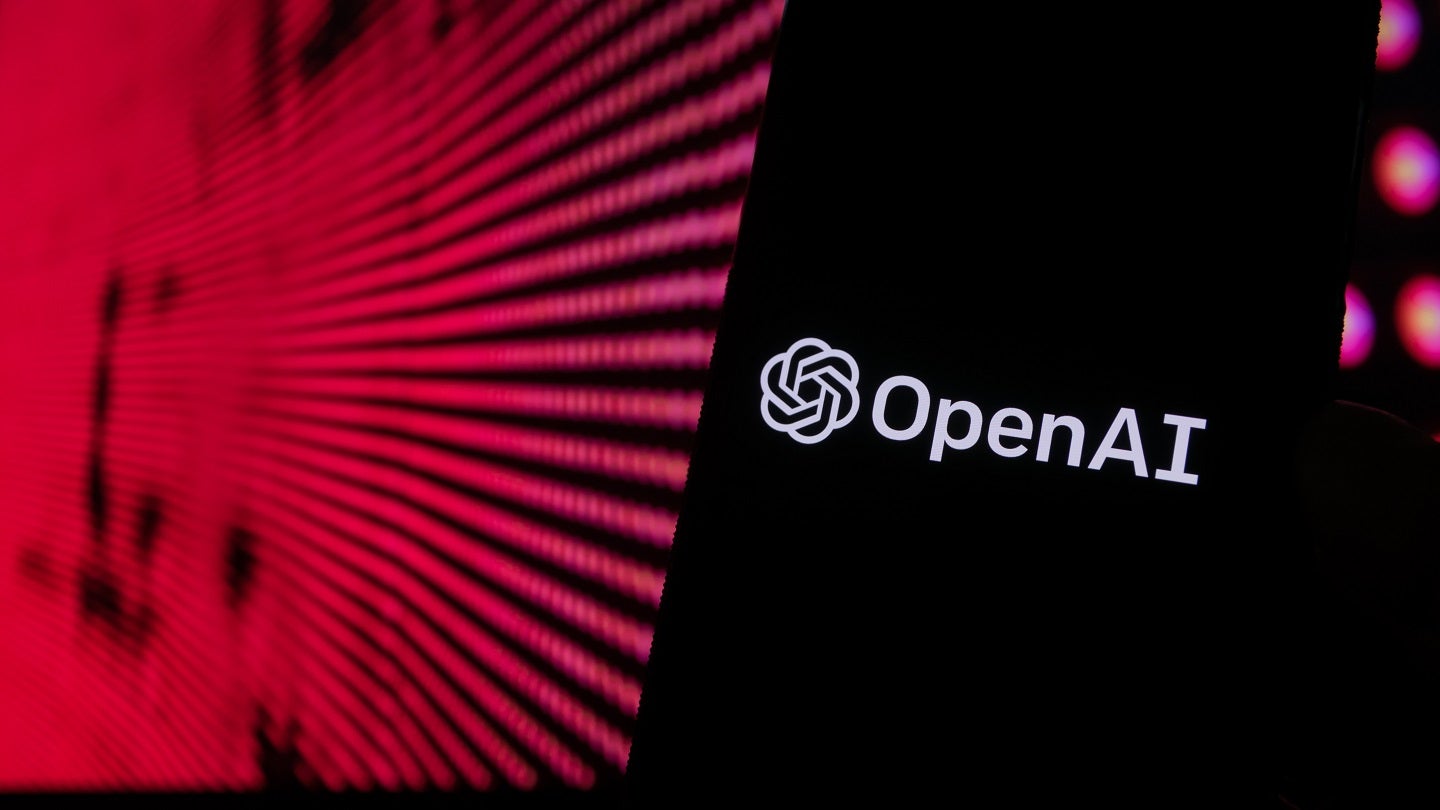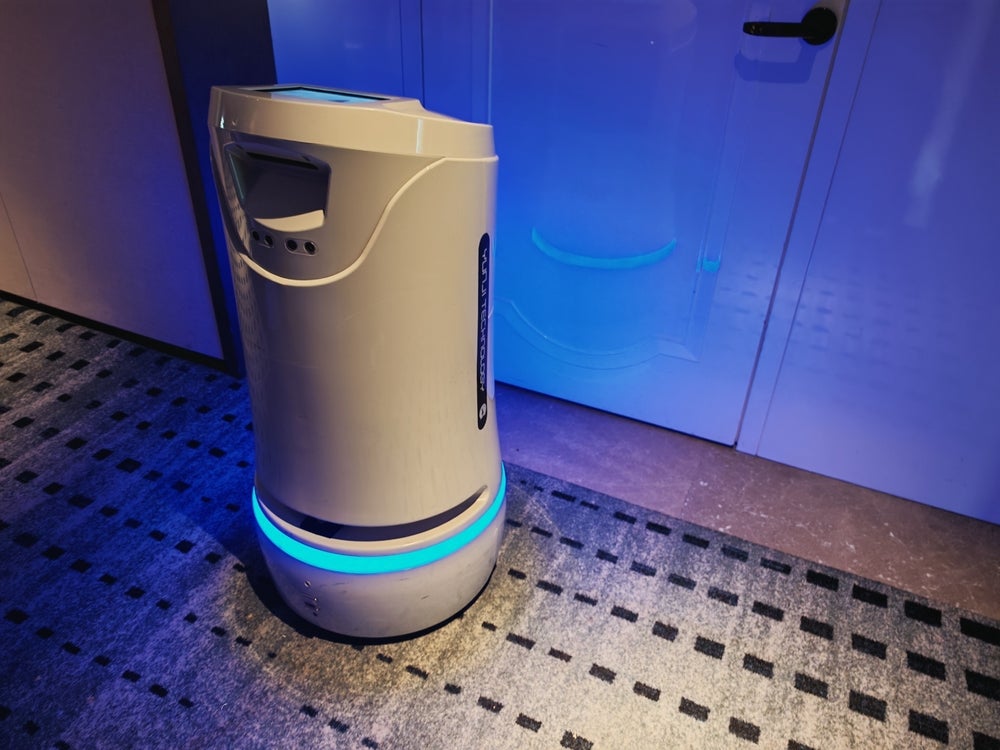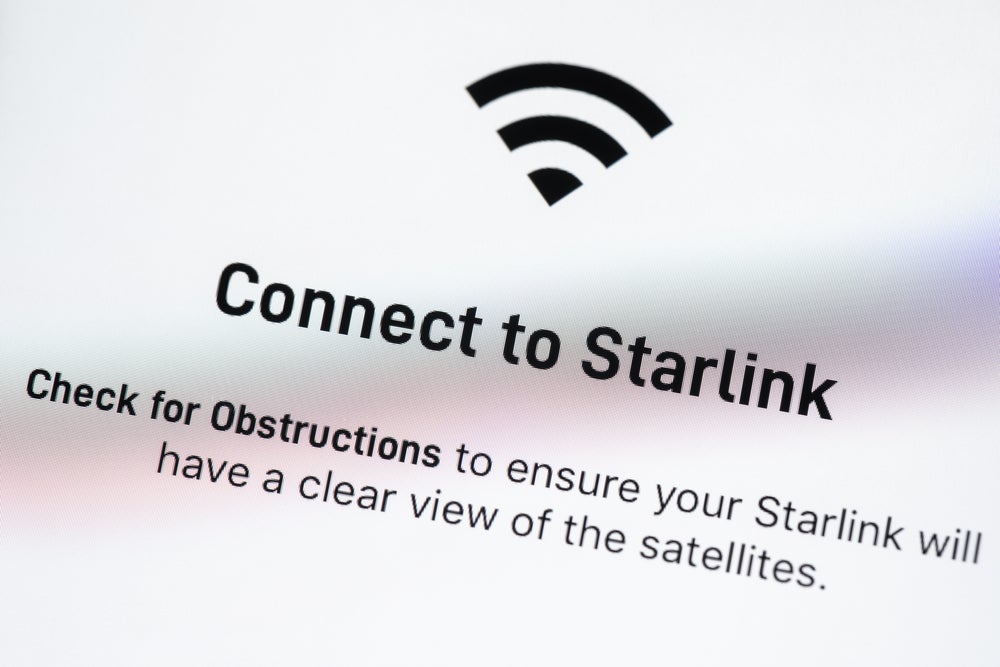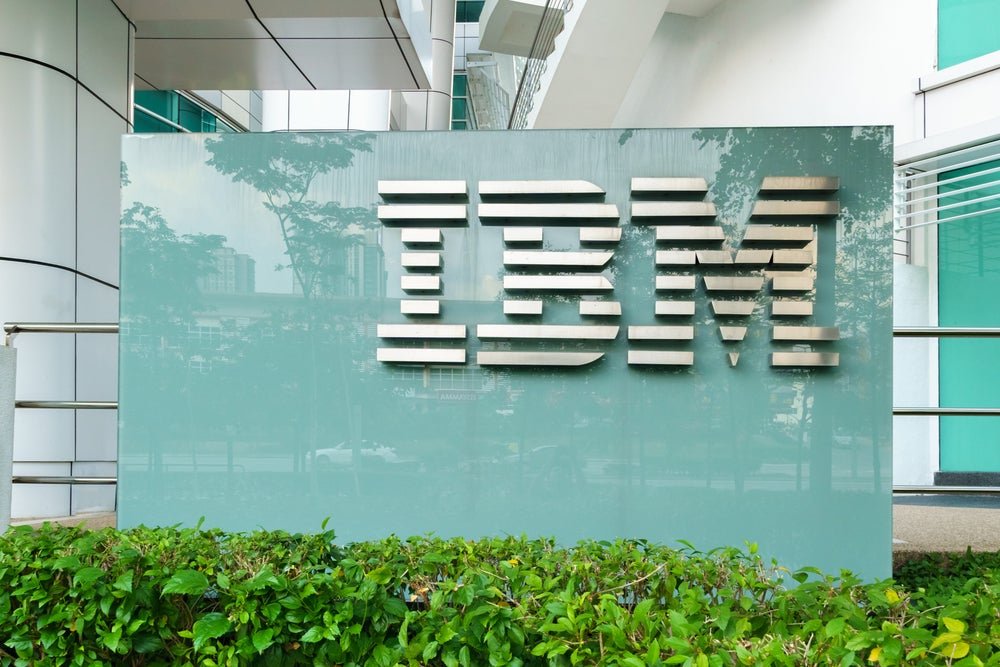
OpenAI, which is backed by Microsoft, has introduced its latest series of artificial intelligence (AI) models with advanced reasoning capabilities to solve complex problems.
These models are engineered to deliberate more extensively on queries, enabling them to tackle more challenging problems across various domains, including science, coding, and mathematics.
The project, internally codenamed Strawberry as per Reuters, has led to the development of the o1 and o1-mini models, which are now accessible through ChatGPT and its API.
OpenAI’s reasoning AI models have been trained to emulate human-like thought processes, allowing them to evaluate different strategies and recognise errors.
“We trained these models to spend more time thinking through problems before they respond, much like a person would. Through training, they learn to refine their thinking process, try different strategies, and recognize their mistakes,” the company said.
OpenAI asserts that these models can process complex tasks and solve harder problems than their predecessors.
The o1 model is now available for use and OpenAI anticipates regular enhancements to its capabilities.
In benchmark tests, these models are said to have demonstrated performance comparable to PhD students in fields such as physics, chemistry, and biology.
According to OpenAI, in a qualifying exam for the International Mathematics Olympiad (IMO), the reasoning model scored an 83% success rate, an improvement over GPT-4o’s 13%.
Furthermore, in coding contests, these models have achieved rankings in the 89th percentile of Codeforces competitions, indicating their advanced coding capabilities.
While these models represent early iterations and lack certain features found in ChatGPT, such as web browsing and file uploads, they are said to excel in their current form.
The o1 model, in particular, is expected to be more capable in the short term for common use cases.
Its reasoning skills could be valuable for professionals dealing with intricate problems in science, coding, mathematics, and related fields.
For instance, healthcare researchers can utilise o1 to annotate cell sequencing data, physicists can generate complex mathematical formulas for quantum optics, and developers can create and execute multi-step workflows.
The launch comes as OpenAI holds talks to raise billions in fresh funding at valuation of around $150bn.







